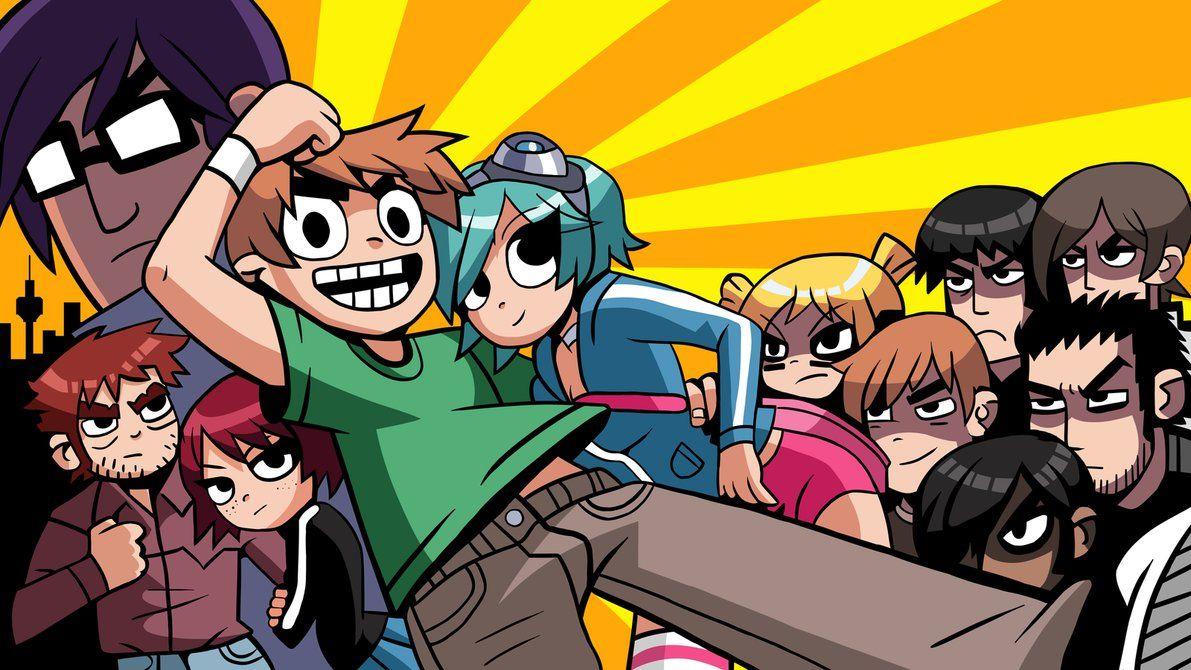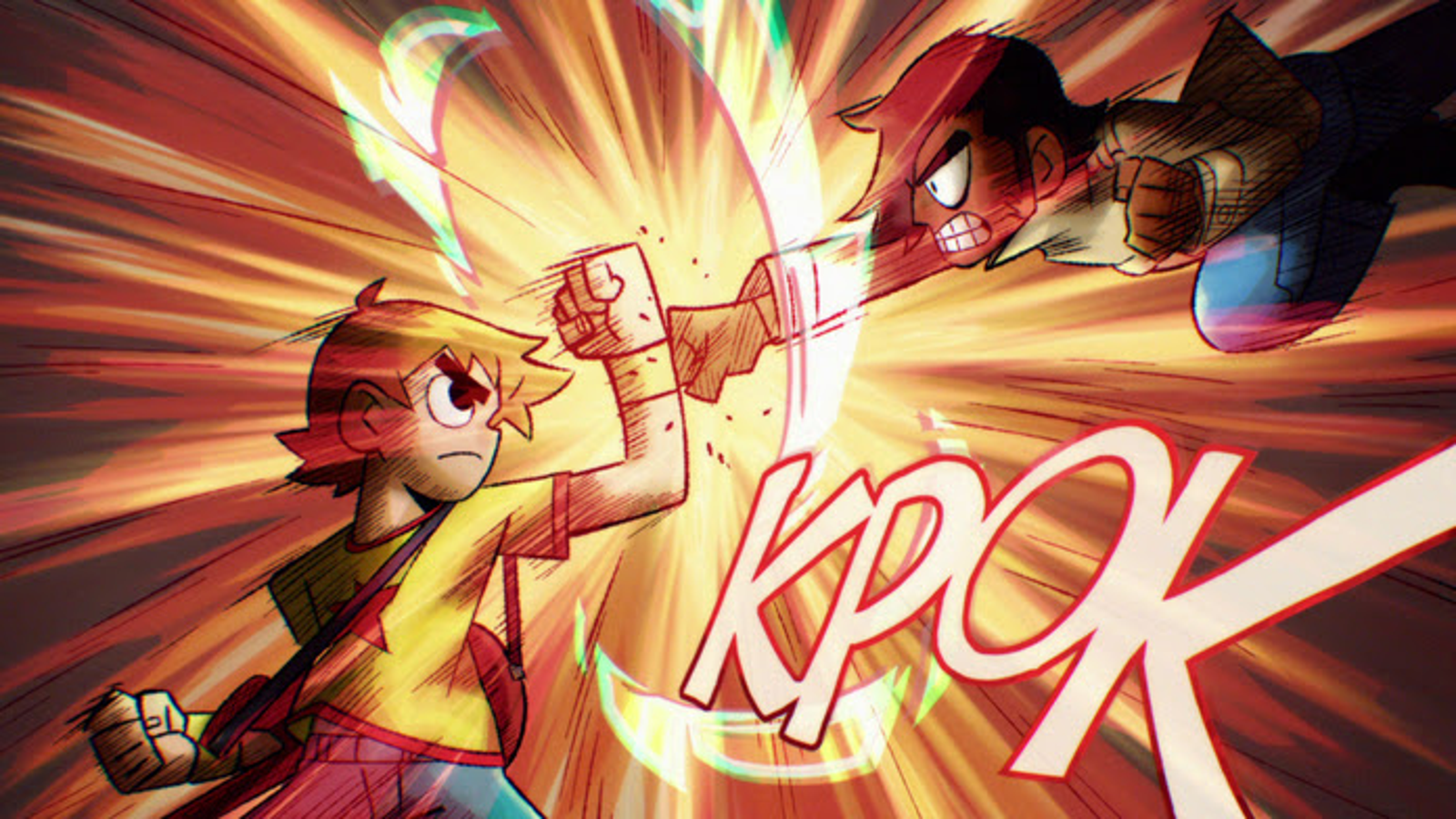Anime enthusiasts have been buzzing with anticipation and a hint of skepticism ever since Netflix announced “Scott Pilgrim Takes Off.” The reason? A fierce debate surrounding the age-old question: Is it even an anime?
It’s fascinating how the unveiling of one series can reignite age-old debates within the anime community. As “Scott Pilgrim Takes Off” steps into the spotlight, it drags with it the perpetual argument on the fine line between anime and cartoons.
Netflix Calls It Anime, But Do Fans Agree?

Bryan Lee O’Malley, the mastermind behind Scott Pilgrim, seems to embrace this adaptation’s classification as an anime. He was quick to greenlight the project when the opportunity arose. But many are challenging this categorization. They argue that while Netflix is marketing the animated Scott Pilgrim adaptation as an anime series, its pedigree doesn’t fully align with traditional anime characteristics.
The Thin Line Between Cartoons and Anime
What constitutes an anime has often been determined by the studio that brings it to life. Typically, if the animation studio is not rooted in Japan, the production gets branded as a cartoon. The distinction might seem trivial to some, but to purists, it’s essential.
BEHOLD THE TRAILER FOR SCOTT PILGRIM TAKES OFF! 🕹️ 💫 NOVEMBER 17 🤘…I’ll leave you alone forever now 🏃♂️ pic.twitter.com/eJPa1F8q4x
— Netflix (@netflix) October 14, 2023
In Japan, the word “anime” is synonymous with “animation,” irrespective of the country of origin. Yet, outside of Japan, the term has taken on a more nuanced meaning. Modern understanding leans towards recognizing only those animated works that were born and took form in Japan as anime. For instance, series like “The Boondocks”, while heavily influenced by anime, aren’t usually embraced under the anime umbrella.
‘Scott Pilgrim Takes Off’: Anime or Not?

It’s true, as many fans pointed out, that “Scott Pilgrim Takes Off” boasts of animation from a Japanese studio. For some, this fact alone could seal its fate as an anime. However, there’s more to consider. The series showcases a narrative, musical backdrop, voice acting, and overall production vibe that doesn’t entirely resonate with traditional anime essence. Its visual narrative, in particular, feels more attuned to Western cartoons.
If the sole criterion for branding something as anime is having it animated by a Japanese studio, then perhaps “Scott Pilgrim Takes Off” can claim the title. But is this a bit too simplistic a perspective? That’s a question that remains hotly debated.
Where Do We Go From Here?
The ongoing debate about “Scott Pilgrim Takes Off” is just a symptom of a much larger discussion about the evolution and definition of anime. Should anime’s classification rely merely on a gut feeling? While it might sound dismissive, it seems that’s how many approach the distinction. In the absence of a universal standard, the definition of anime remains fluid, with personal perspectives reigning supreme.
In the end, whether you’re team “Scott Pilgrim is an Anime” or not, one thing is clear: the passion and love for animation, in all its forms and flavors, is a testament to its powerful impact on audiences worldwide.










